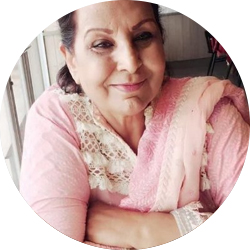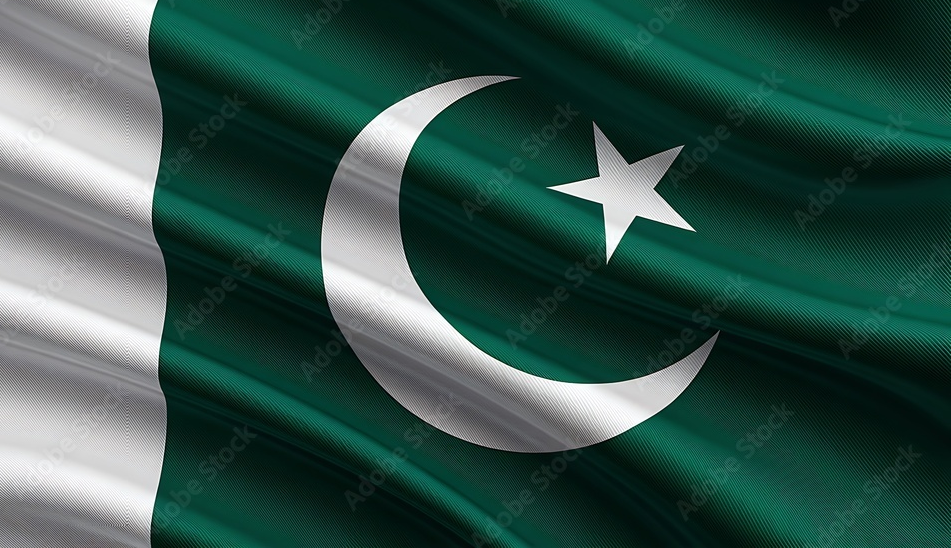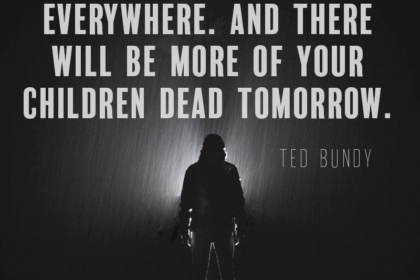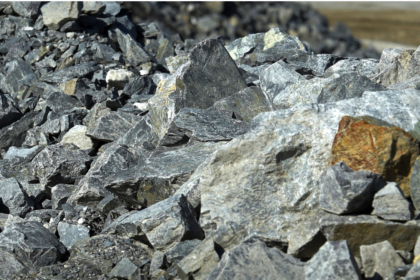Hi readers!
You must have remembered my earlier two blogs on democracy?
The current blog is the third one of this series and is being written in a quest to answer the question mentioned above
As probably mentioned in earlier blogs that the word democracy comes from Greek words “demos” means people and “Kratos” means power. In other words, it is the power of the people or the way of governing the country according to will of the people which guarantees:
Freedom of association (friendship, suggestion or reminder),
Freedom of expression (expressing one’s inner self through looks, appearance, or face and not the use of filthy language, abuse of state organs, disgrace of dignitaries, demoralizing security forces, igniting or provoking violence against each other and inciting insurgencies, riots, insurrection, insubordination, disobedience or defiance, sedition agitation, and revolt, etc.).
Freedom of opinion (view, estimation, belief and not treason, betrayal cheating, deceit and perfidity or faithlessness),
Freedom of access to power and its exercise in accordance with the rule of law (and not merely setting personal scores, and registering criminal cases against the opponents), and
holding of periodic free and fair elections (a dream that can never come true in Pakistan) by secret ballot as an expression of the will of the people.
Can anybody tell me which of these norms of democracy is being followed in Pakistan? Virtually none? The one and only reason is lack of education. Pakistan is a huge crowed of uncouth people who are not familiar with even E of the education. They hear few fancy and catchy words from the west and start misusing them as means of fulfilling their hidden desires or achieving paid motives.
Ancient Athens is considered the birthplace of democracy, with its development of popular government in the 5th century BC which is known as the best documented model that comes out of a direct participatory democratic system where electorate (people) directly decides on policy initiatives without their representative as proxies (substitution) as is practiced in United States through presidential election (which in my view can also be the best system for Pakistan) and is somewhat similar to the Athenian model where male citizens gathered to debate and vote on laws and policies in Ecclesia: an active assembly in ancient Greek).
Peripheral countries are less economically developed nations in the world-systems theory that have a disproportionately small share of global wealth, weak state institutions, and underdeveloped industrial bases. These countries often rely on exporting raw materials and cheap labor, serving as a resource base for more developed “core“ countries, which in turn leads to exploitation and hindered development within the periphery.
Pakistan is a true to type peripheral country where people in governess system don’t know what a policy is? how to debate on it? and who will listen to that debate because nobody understand its language, significance, the scenario around the country and the globe, besides having their own individualistic agendas.
The classical example is the way a sealed envelope got approved from the cabinet regarding 190-million-pound case related with previous government.
The question is why such things happens?
The answer is that majority of members of the cabinet are the product of Indirect democracy that relies on representatives (proxies) elected by citizens to make decisions for them.
Is it possible that a bunch of uncouth people sitting in the cabinet make decisions for a nuclear armed country?
(A horrible question that needs to be answered)
Do you think such people know how to and whom to vote? No, they don’t. They vote only on the basis of their generation old family affiliation to some clan, cast, guddy holders and religious considerations.
Such votes are given as a favour and the benefits are extracted from the elected government in the form of relief from police cases, corruption cases, kidnapping for ransom, and hundreds of other crimes including money laundering which they do for the elected people and for themselves: a chain of crime thus, goes on and governess dwindled because everybody is compromised in this system.
Only the quality of education can improve it, but the parents doesn’t realize the significance of education because they themselves are uneducated and have been born and brought up under such an environment. They only understand how to produce a dozen children who could earn for them through menial jobs. That is how we have accumulated a huge crowd of nearly 250 million uncouth people who usually sell their vote for some 100s and 1000s of rupees just because they consider it a tool for earning. Their poverty force them to do this.
So, what is democracy? where is democracy? and what it has given to Pakistan? except
1. Illiteracy: which means about 60 million people in the country are illiterate and unskilled,
2. Unemployment: largely of youth which is more than 50%.
How can they raise their families and provide education to their nearly dozen children per family? will they do menial job or a lucrative job like “The begging” which in Pakistan is a big business with thriving exports,
3.Widespread poverty, which is high and has increased in recent years from 40.2 percent in FY23 to 40.5 percent in FY24.
4. Increased population. Based on the 7th Population and Housing Census in 2023, Pakistan’s population is 241.49 million. Other sources provide updated estimates, with Macrotrends projecting the population to be around 250 million in 2025.
(according to data from Macrotrends. Pakistan is the world’s fifth-most populous country).
5. Low level of human capital. Pakistan’s level of human capital is low and stagnant (0.41: meaning thereby that a child born today will only reach 41% of their potential productivity with complete education and health.
This score is below the South Asian average and comparable to Sub-Saharan African countries. What a shame?
6. Finally, the income disparity which is so wide that it is hard for the poor to bridge the gap hence, they are forced to beg, steal, or sell whatever they possess (including their vote, which is a very precious commodity for them during the election times).
Can democracy stop begging, lying, cheating, deceits, bribes, money laundering, borrowing capital instead of vision?
Can it save Pakistan?
Can it educate uncouth people?
No. Not at all. Instead, democracy has increased these evils many folds and has destroyed the very fabric of Pakistan. So, under the current decisive moments, ask yourself:
do you want to save democracy or Pakistan?
To me “Pakistan comes first”.
What is your choice?
Shakespeare says, “Better three hours too soon than a minute too late”
See you again. Till then,
Take care, Bye





